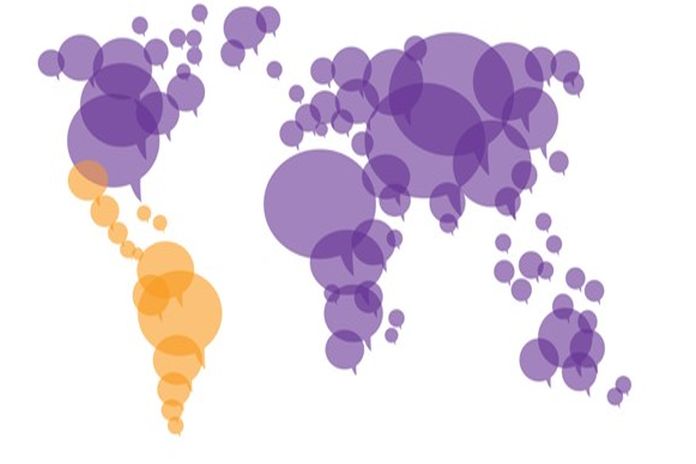By Alejandro Delgado
In Latin America and the Caribbean, we are all familiar with stories that sound a bit too salacious to be true. However, there is often just enough reality to the story to make it sound believable, or at least to prompt curiosity — perhaps there are bizarre, or even macabre, details that seem too strange to be untrue. Eventually, if you hear the story from enough people, it just becomes a matter of fact.
Let’s try a short mental exercise. How many of these stories have you believed?
- You received an email saying that Hotmail is going to start charging for its services starting next month! However, if you forward this particular email to ten other people, you can be part of a petition demanding that they keep the service free.
- Perhaps you were squeamish about going to the cinema after hearing how someone was stung by a syringe that carried a dangerous – even deadly – disease.
- Maybe you gathered together with your friends after school to listen to one of your records backwards because someone mentioned that there might be hidden subliminal messages.
These stories have one thing in common – none of them are true! Yet they are widely believed. There’s an old saying, commonly misattributed to Mark Twain, that “a lie can travel halfway around the world while the truth is still putting on its shoes”. That, in a nutshell, is the problem with disinformation.
If any of these stories sound familiar, it is more important than ever to question and verify the source of your information. While disinformation has unfortunately been part of our lives in one form or another for a long time, the rise in the popularity and availability of social media platforms and messaging services like WhatsApp has allowed rumours to spread much faster to a much wider audience in a much shorter time.
Although these examples are more on the funny side, spreading disinformation can have much more dangerous and serious implications during a pandemic or elections. This is especially true in situations where some governments have denied access to public health records, officials have provided broad or outdated information, or errors in protocols have resulted in discrepancies in reporting on deaths caused by COVID-19.
Indeed, this lack of trust in government institutions and media organisations has exacerbated the spread of disinformation.
This year, on the International Day for Universal Access to Information, IFEX-ALC wants to encourage all generations to use their hard-earned wisdom to engage wisely with information discovered through social media platforms and messaging services. Always verify information before you share it, even if it comes from someone you trust, such as a professor, a friend, a family member or a loved one.
IFEX-ALC suggests the following recommendations:
- Be extra cautious of information that provokes strong emotions, even if it aligns with your own views;
- Scrutinize the source of the information;
- Share the information only after you have verified its accuracy.
Before sharing, stop and think about what you just heard or read. What is the evidence that this is true? And, perhaps equally as important, how did it make you feel? If this information gives you a strong emotional reaction, it is often by design. It is produced to appeal to your emotions and your personal beliefs. Double-check before you share it with everyone. Some of these stories can be debunked with a quick search online, while others will require more critical thinking.
In order to move forward, let’s leave disinformation in the past. Let’s not spread false information to the next generation. Help break the chain: don’t be a channel for disinformation.
Alejandro Delgado is president of the Coordinating Committee of IFEX-ALC, the alliance of IFEX members in Latin America and the Caribbean





